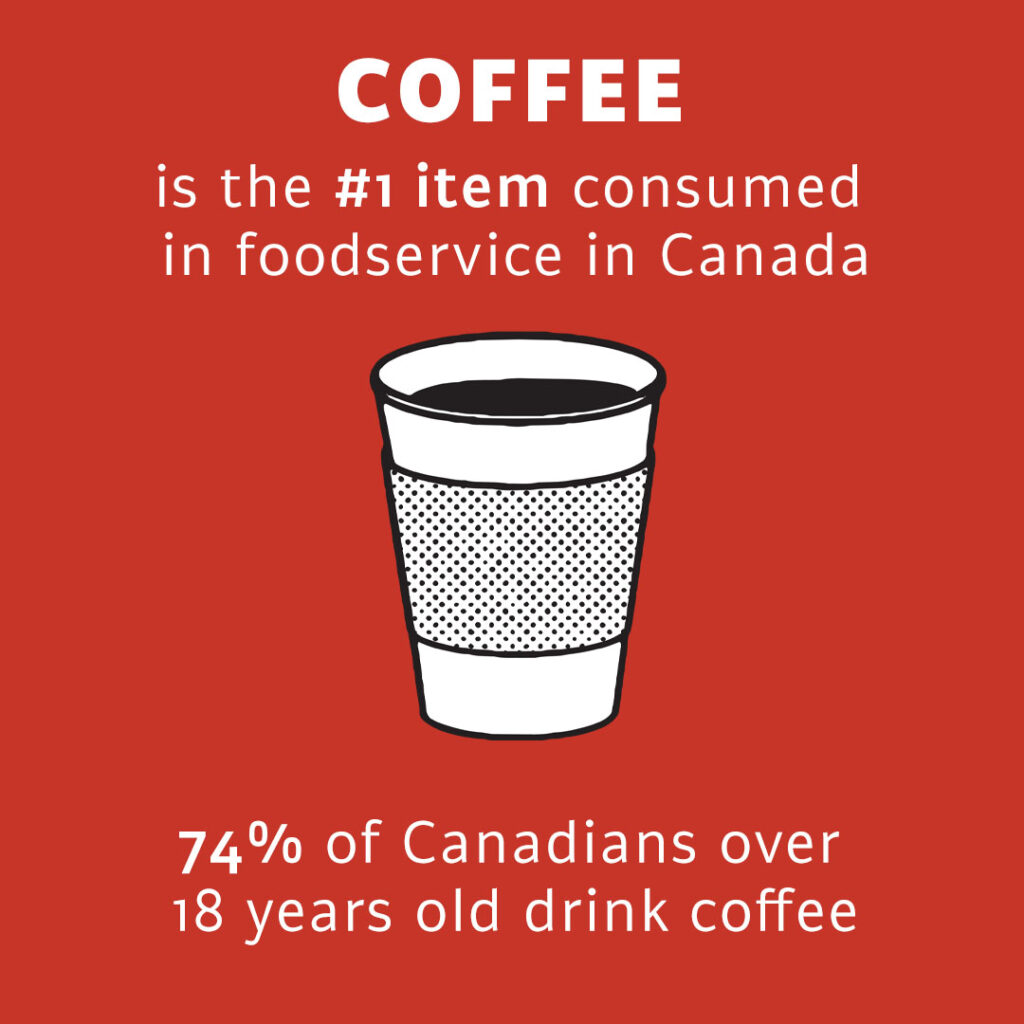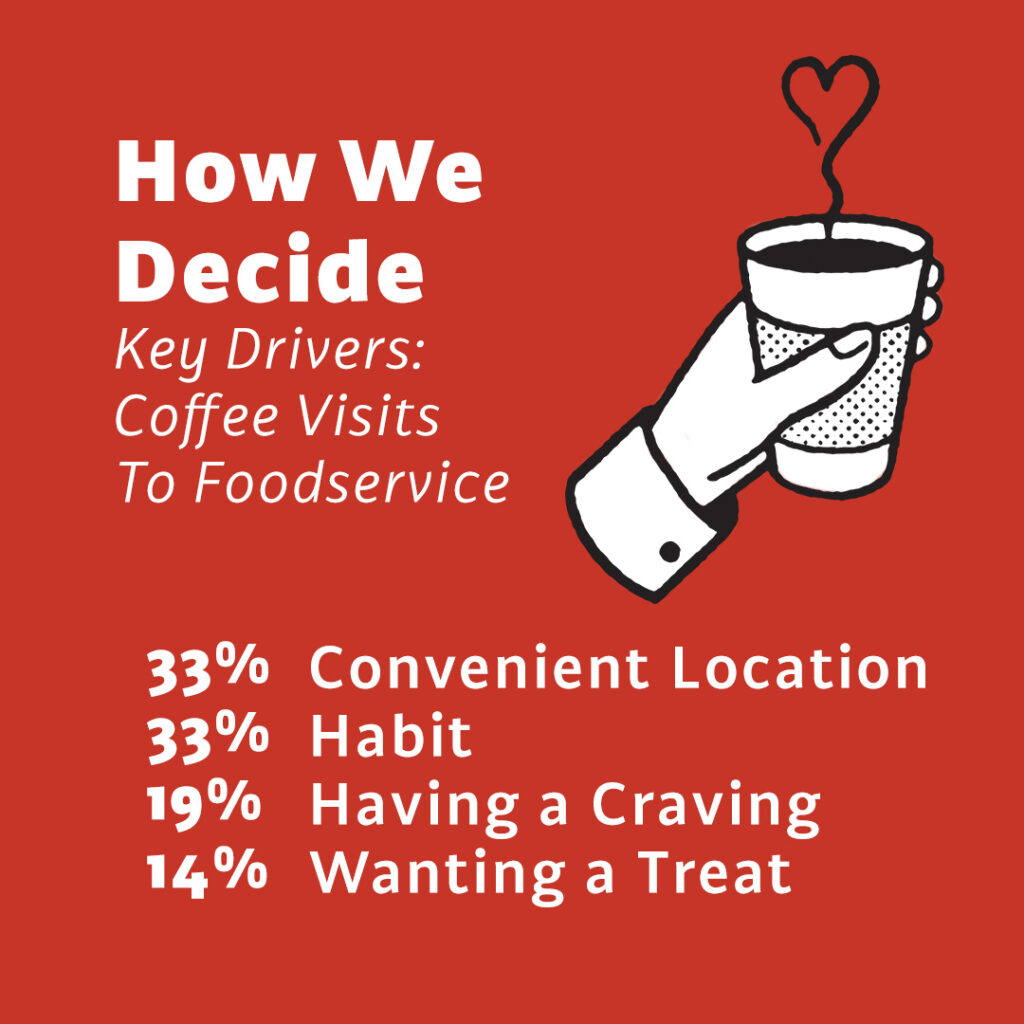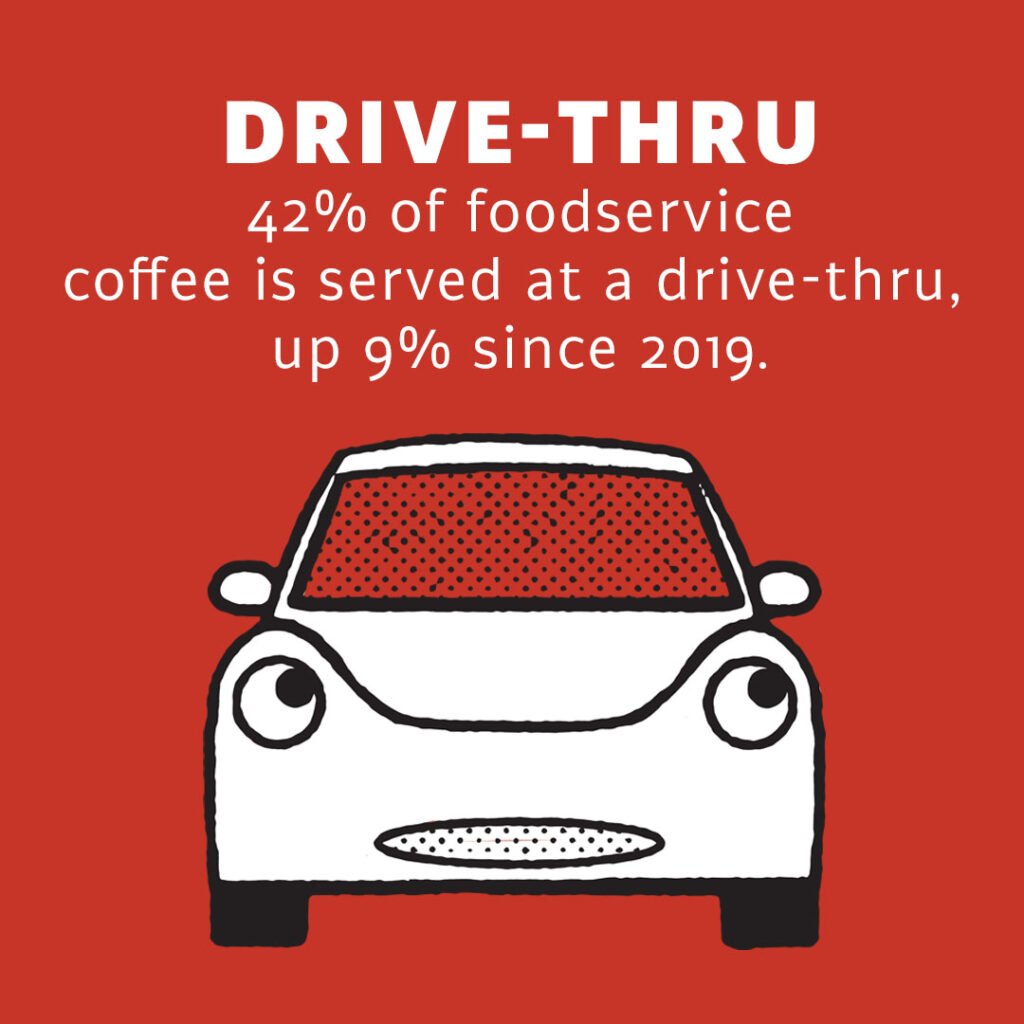A conversation with Robert Carter, president of the Coffee Association of Canada.

The Coffee Association of Canada is a not-for-profit trade organization championing for the advancement and enjoyment of coffee in Canada. Members include coffee roasters, retailers, importers and suppliers, as well as related associations and individuals who love coffee.
After wrapping up the annual CAC Conference, Robert Carter spoke with Canterbury Coffee about the year ahead for the Canadian coffee industry.
Canterbury Coffee:
What were the key take-aways for you at the CAC conference in November?
Robert:
There is a lot of optimism on the future of the coffee industry. Of course there has been a big shift taking place. The pandemic was brutal on the industry and consumers overall, but the industry is also resilient.
Although the pandemic was brutal on the industry and consumers overall…there are a lot of areas of growth that may not have been as clearly identified, pre-pandemic.
Hearing from our data partners, CEOs and leaders of the different organizations, there are areas of growth that may not have been as clearly identified, pre-pandemic. So they’re seeing opportunities and they’re optimistic.
Canterbury Coffee:
The pandemic created challenges no-one expected or could have predicted – so is this a ‘guarded optimism’ given that experience?
Robert:
The pandemic really challenged any sense of complacency in the industry.

CAC Survey – Wave 2 – Oct 2022
The idea that there would always be growth that you could easily forecast, based on historical patterns, has been shaken up. It’s forced people to take a hard look at different areas of their business and then put more effort into planning and understanding what new opportunities exist.
At the end of the day, it’s a good thing for the industry because it’s really allowed people to say: “Okay, you know what? The norm is just not going to be the norm. I’ve really got to make sure that I’m focused and that I understand where the areas of opportunity are.” It’s forced people to get out of their comfort zone.
Innovation in the industry has really accelerated, I would expect that over the next couple of years, we’re going to see some pretty exciting innovation in this industry.
Innovation has really accelerated. We’ve got younger consumers coming in. We’ve got different formats of coffee beverages, from ready to drink to Nitro tap, and micro roasters who are coming up with new products.

The innovation is tying into consumer trends. People want to know about the origins of their coffee, they’re interested in Fairtrade and in different flavour profiles.
Canterbury Coffee:
Looking at the year ahead, and the data and presentations you saw at the CAC conference, what do you see as the interesting trends in 2023?
Robert:
There was a lot of shifting behaviour with people working at home. So we’re going to see increased consumption out of the home, as people get back into the workforce and feel comfortable getting back in the cafés.
People are becoming much more aware of the different origins and willing and interested in trying different types of roasts, different regions, and identifying the different flavour profiles.
Overall, both in grocery and in the foodservice, there’s an evolution along the lines of how the wine industry evolved. People are becoming much more aware of the different origins and interested in trying different types of roasts, different regions.

This is tying into the types of beverages that are being created.
We’re seeing more specialty based beverages, iced based beverages, different coffee ingredients like spices. It’s expanding beyond the hot black cup of coffee.
Canadian consumers in particular are much more educated in their culinary experiences, so they’re demanding greater innovation and they’re willing to try new things.
Canadian consumers in particular are much more educated in their culinary experiences, so they’re demanding greater innovation and they’re willing to try new things.
The café culture from Europe and Asian culture are having a greater influence in the Canadian market. The coffee industry has an opportunity to capitalize on that demand.
Coffee is a unique product, there’s a bit of escapism that’s associated with it. It’s a special treat. It’s a bit more exotic. At the end of the day, the price point is not that high for that type of experience.
Organizations are recognizing that they need to put more effort into innovation…we’ll continue to see that evolve over the next couple of years.
In Canada, we have a really high per capita consumption of coffee. The staple has been that brewed black hot cup of coffee. But organizations are recognizing that they need to put more effort into innovation.
There will probably be more money spent on product exploration and identifying new products to bring to market, even on the grocery side. On the retail side, their SKUs on coffee related items seem to be increasing. We’ll continue to see that evolve over the next couple of years.
Canterbury Coffee:
What do you see as the biggest challenges facing the industry in the next 12 to 16 months?
Robert:
There are obviously challenges coming from climate change, supply chain and sustainability. Like other industries, we’re still facing labour challenges. There are a lot of challenges, particularly in the origin countries, with wages.
But with the advancement of technology and more transparency, there is a sense of optimism. Demand continues to increase, so there need to be innovative solutions to meet that demand.
For more about Robert Carter, see his profile on LinkedIn.
For more about the Coffee Association of Canada visit their website.
Data accompanying this interview is from the Coffee Association of Conada panel called Seize the Data, presented at the CAC annual meeting in November 2022. The panel included representatives from Dig Insight, Nielsen IQ, NPD and IMI International.


